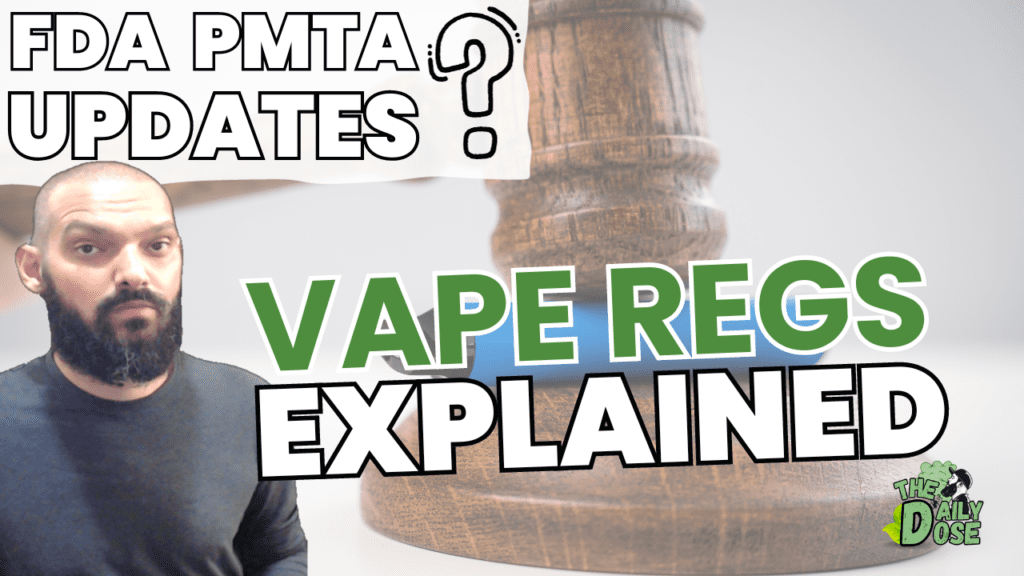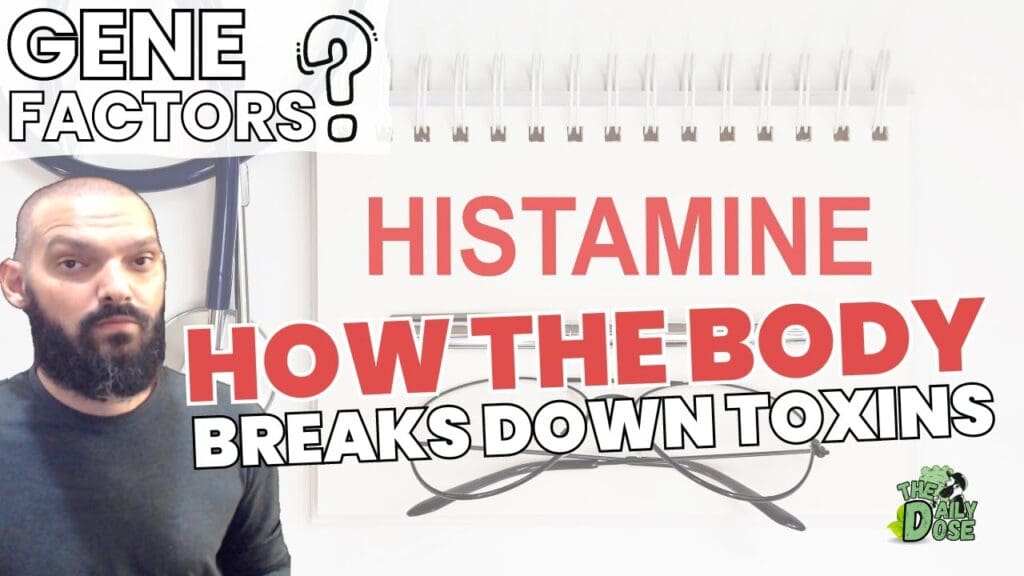FDA PMTA Update Explored Now
1. Introduction
The vaping industry has been confronted with a series of transformative changes in recent years, with the FDA’s Premarket Tobacco Product Application (PMTA) process at the forefront of these developments.
In this comprehensive guide, we will embark on a journey through the complexities of the FDA PMTA update, delving into its origins, implications for the vaping industry, legal and regulatory dimensions, and the challenges and opportunities it presents.
2. Understanding The PMTA
What is the FDA PMTA?
The Premarket Tobacco Product Application (PMTA) is a regulatory pathway established by the U.S. Food and Drug Administration (FDA) for evaluating and authorizing new tobacco products, including vaping devices and e-liquids. The PMTA process is designed to assess the potential risks and benefits of these products to public health.
The Purpose and Scope of the PMTA
The primary purpose of the PMTA is to ensure that new tobacco products are suitable for public consumption and do not pose unreasonable risks to individuals. The scope of the PMTA encompasses a wide range of tobacco products, including electronic cigarettes, e-liquids, and other vaping devices.
The FDA Timeline and Deadlines
Vaping product manufacturers are required to adhere to specific timelines and deadlines for submitting PMTAs to the FDA. The agency has established these timelines to ensure that the evaluation process proceeds in a systematic manner.
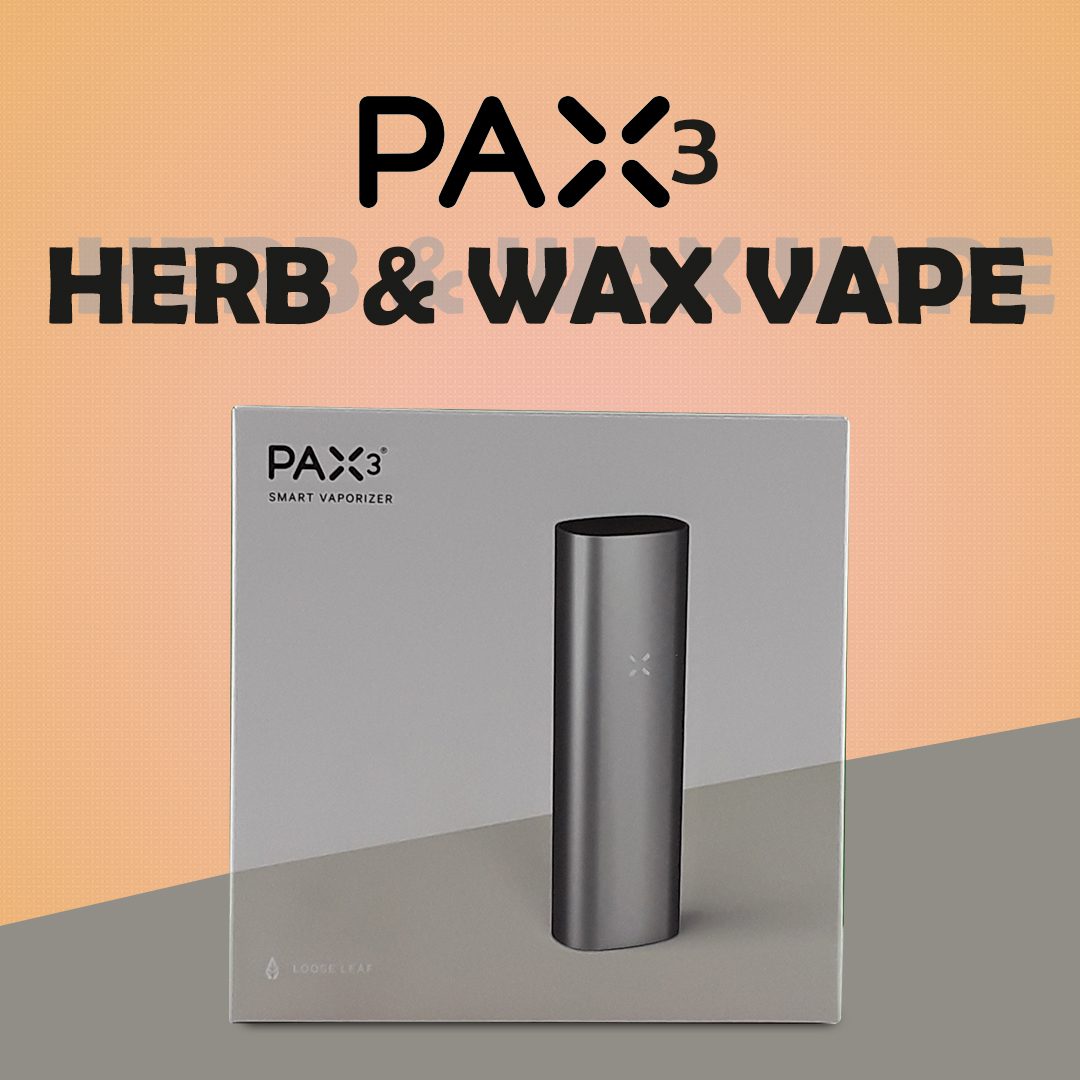
3. The Impact on the Vaping Industry
How the PMTA process affects vape manufacturers
The implementation of the PMTA process has had a profound impact on vape manufacturers. Compliance with PMTA requirements is not only a regulatory necessity but also a significant operational and financial challenge for many businesses in the vaping industry.
The challenges and costs of the PMTA submissions
Submitting a PMTA involves a substantial financial burden. Vape manufacturers are tasked with conducting extensive research, testing, and preparing comprehensive applications, which can lead to costs amounting to millions of dollars per product.
The potential consequences for non-compliant products
The consequences for vaping products that fail to obtain PMTA approval can be severe. Non-compliant products may be removed from the market, impacting both manufacturers and consumers. Continued sales of non-compliant products can result in regulatory actions and penalties.
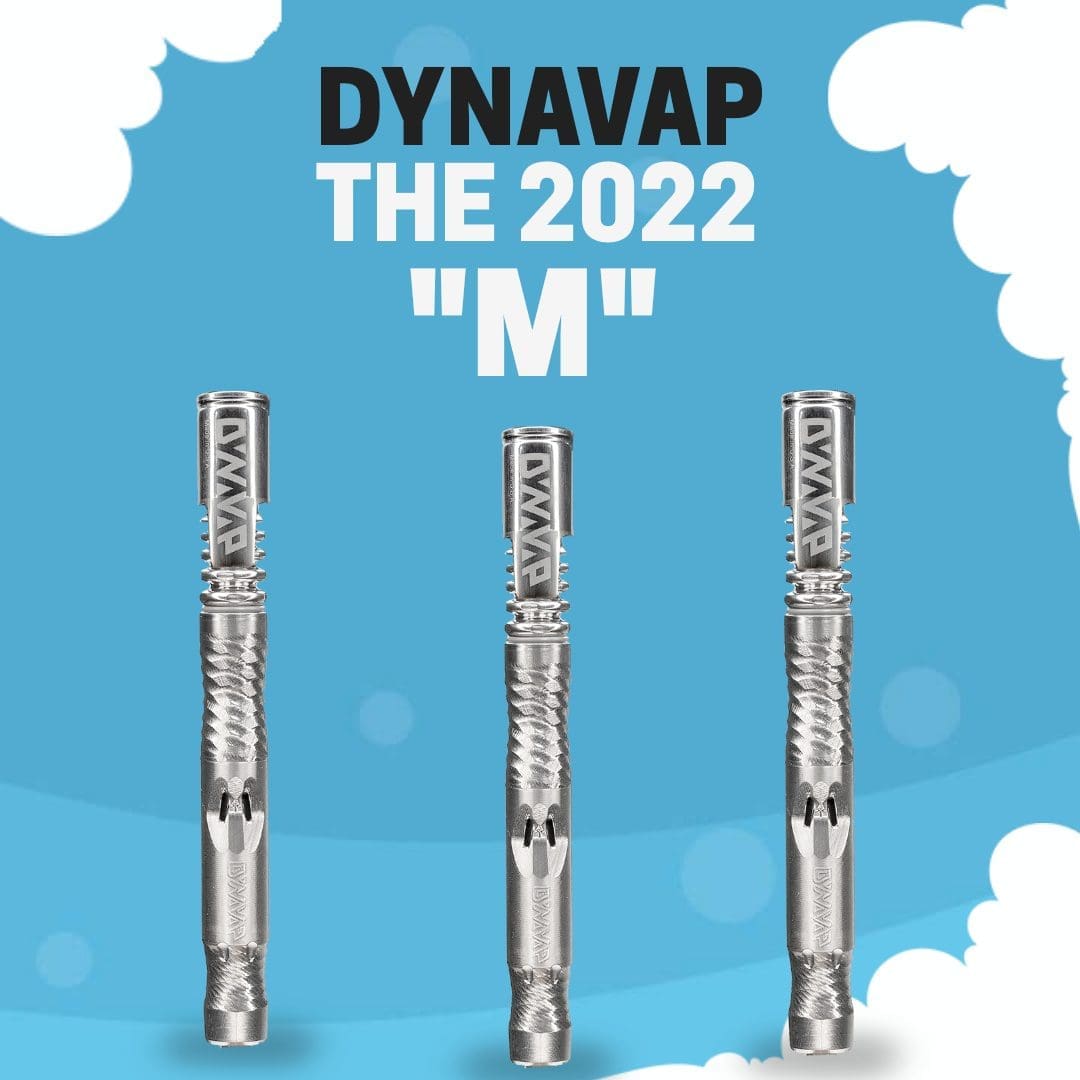
4. The FDA’s Review and Decision
The steps in the FDA’s review process
The FDA’s review process for PMTA submissions consists of several key stages. These stages include acceptance review, filing review, substantive review, and final decision.
How the FDA evaluates product risks and benefits
The FDA assesses the risks and benefits associated with vaping products to determine their potential impact on public health. Factors such as product appeal to youth and the likelihood of product use by non-smokers are taken into consideration during the evaluation process.
The potential outcomes of the PMTA review
The outcome of the PMTA review can vary for each product. Products may receive approval, be refused, or require additional information. The FDA’s final decisions significantly impact whether a product can enter or remain in the market.
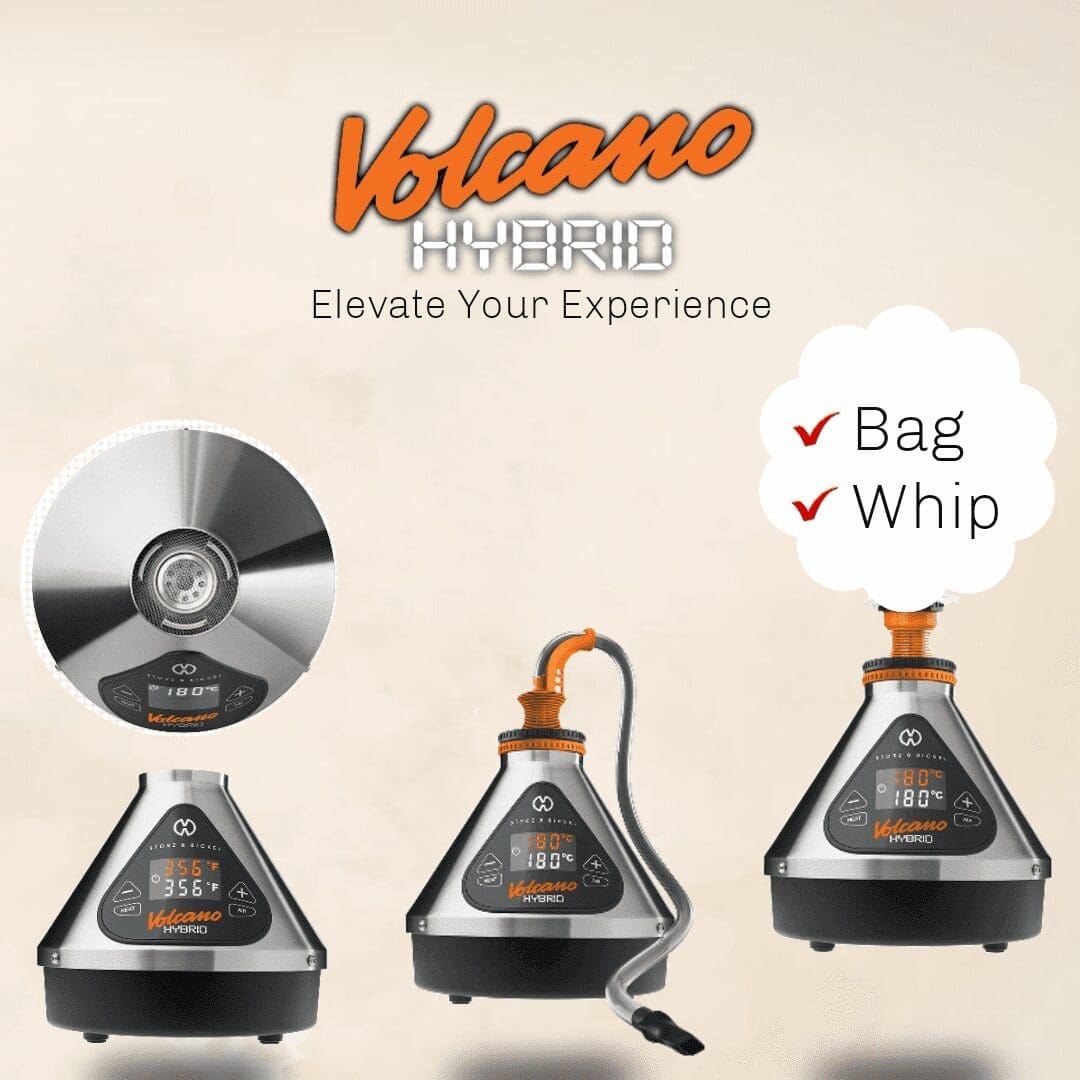
5. Compliance and Quality Control
What vape manufacturers need to do to comply
Compliance with PMTA requirements involves a series of essential steps for vape manufacturers. This includes compiling scientific data, conducting testing, and completing comprehensive applications.
Quality control and product safety in PMTA submissions
Quality control measures play a crucial role in ensuring the safety and reliability of vaping products submitted for PMTA. Rigorous testing and adherence to established quality standards are vital components of PMTA submissions.
Best practices for vape companies
Vape manufacturers can adopt best practices to navigate the PMTA process effectively while maintaining the quality and safety of their products. These practices involve thorough documentation, transparent communication with regulatory agencies, and continuous monitoring of compliance.
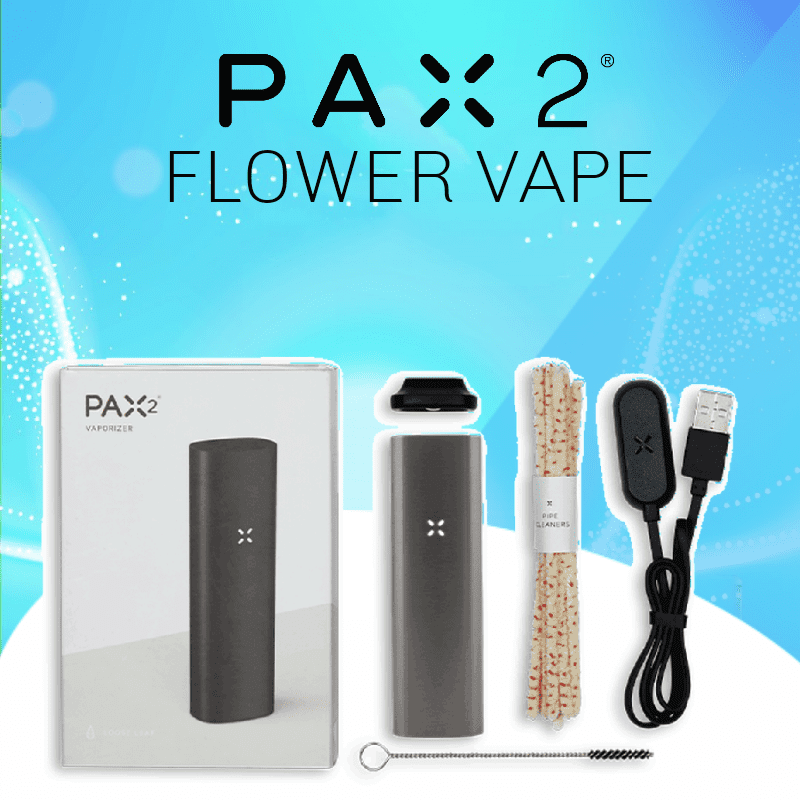
6. Consumer Concerns and Public Health
The impact of PMTA on vaping access
The PMTA process has raised concerns among consumers about the continued access to vaping products. Uncertainties surrounding product availability and affordability have become a focal point for vapers.
Addressing public health concerns
Public health concerns regarding vaping have shaped the implementation of the PMTA process. The FDA’s aim is to mitigate health risks associated with vaping, particularly among youth and non-smokers.
The potential for harm reduction
Harm reduction strategies, which focus on reducing the harm associated with tobacco use, are a critical aspect of the PMTA process. The potential for vaping to serve as a harm reduction tool is a subject of debate and investigation.
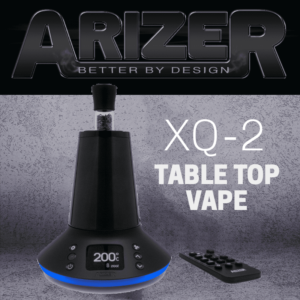
7. The Legal and Regulatory Landscape
The role of legislation in vaping regulation
Vaping regulations are shaped by federal and state-level legislation. These laws define the boundaries within which the vaping industry operates and may influence the outcome of the PMTA process.
The potential for further regulatory changes
The vaping industry is likely to continue experiencing regulatory changes. The evolving landscape may involve further restrictions or requirements for vaping products.
Legal challenges and court decisions
Legal challenges and court decisions related to vaping regulations and the PMTA process are significant factors that shape the industry. Court rulings can have far-reaching consequences for vaping companies and consumers.
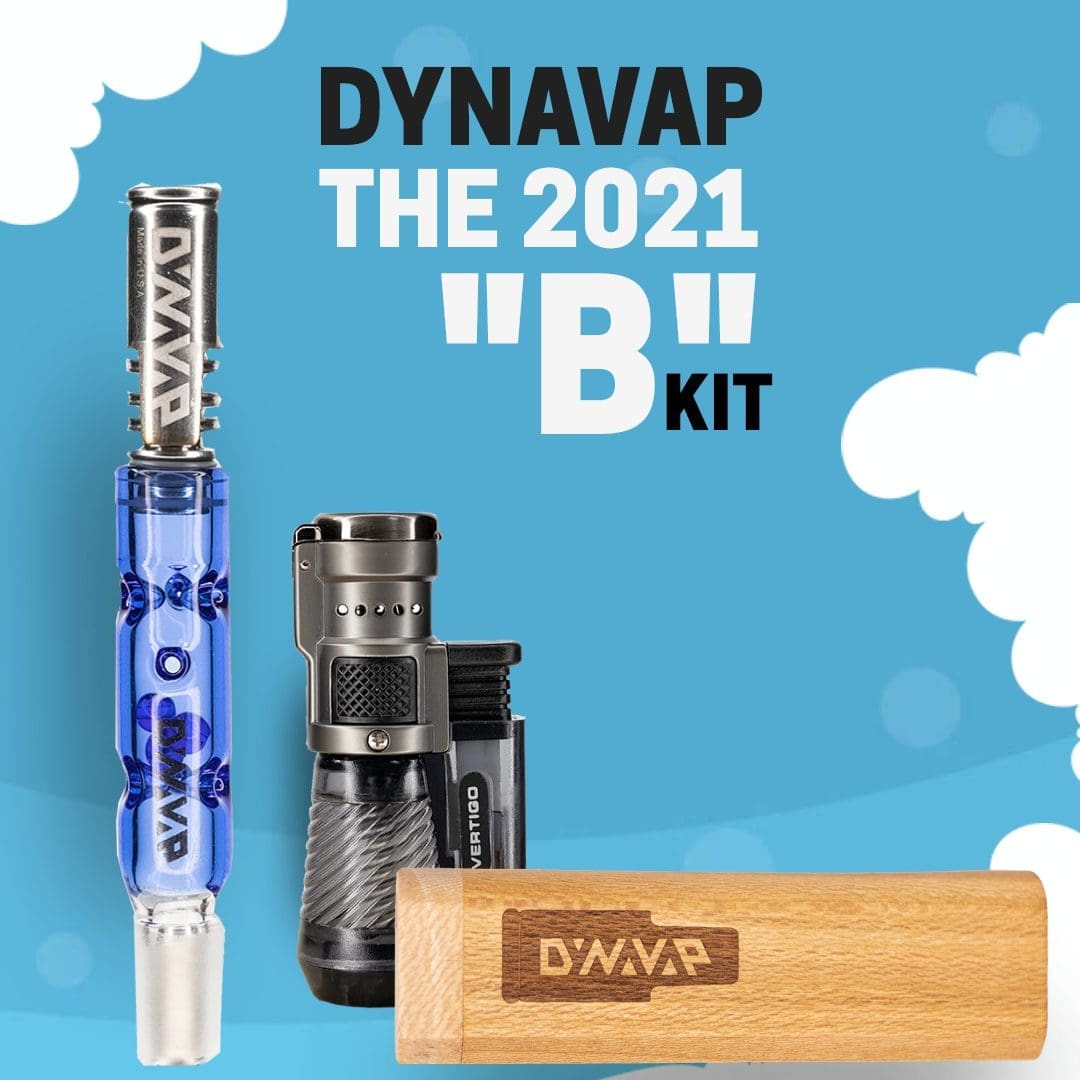
8. Challenges and Opportunities
Challenges faced by the vaping industry
The vaping industry confronts various challenges, from navigating complex regulatory requirements to managing the financial burden of PMTA compliance. Market uncertainties and increased costs are among the primary challenges faced by industry players.
Opportunities for innovation and compliance
Despite the challenges, opportunities for innovation and compliance exist within the vaping industry. Vape manufacturers have the potential to develop products that meet regulatory requirements while providing a safer and more enjoyable vaping experience.
The potential for consolidation in the market
The PMTA process may lead to market consolidation, as smaller manufacturers may find it increasingly difficult to meet compliance costs. Market shifts and changes in competition may result in a more concentrated industry.
FAQs
What is the PMTA process?
What products are subject to PMTA requirements?
How much does it cost to submit a PMTA?
What happens if a product does not receive PMTA approval?
Can consumers continue to purchase products during the PMTA review?
How can vape manufacturers ensure product quality and safety?
Sources:
Related Articles:
- Disposable Vape Ban What To Know Now
- Why Is My Cart Vape Not Working Answered
- Vape Regulations PACT Act Explained Now
- Puff Bar Ban Update What To Know Now
- Regulating THC Question Of The Century Now
Meet The Author


